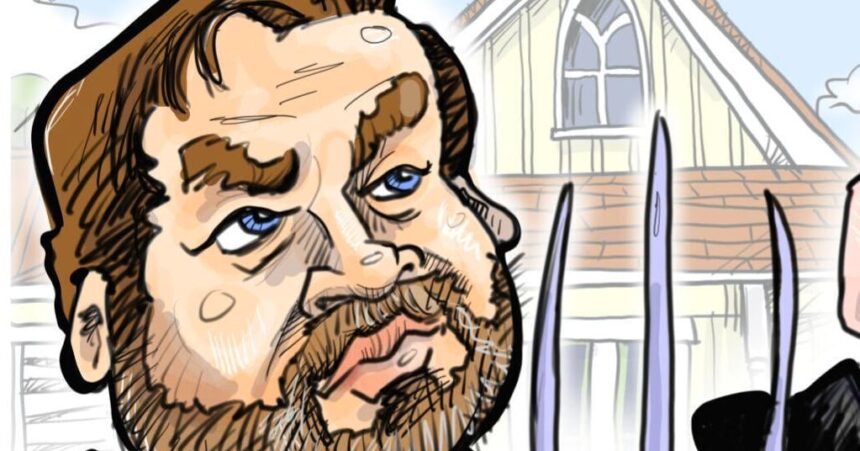For too long, rural Americans have felt ignored by presidential campaigns. While elites in Washington, New York and Los Angeles generate the headlines, focusing primarily on the East and West coasts, Americans outside major cities continue to fly under the radar.
Joseph Semprevivo
This needs to change, and the 2024 election could be the turning point. The political party that appeals most to the man or woman in rural America is far more likely to win the White House. Deciding between the Trump-Vance and Harris-Walz campaigns, I’m putting my money on U.S. Sen. JD Vance to make that difference.
After all, Vance became a household name because of his best-selling 2016 memoir “Hillbilly Elegy: A Memoir of a Family and Culture in Crisis,” which delved deeply into the Appalachian values of his family from Kentucky and the socioeconomic problems of his hometown of Middletown, Ohio.
People are also reading…
From alcoholism to drug addictions and family strife, Vance beautifully illustrated the very real problems that affect so many Americans in “flyover country” — the places where millions of patriotic Americans still call home.
Like former President Donald Trump at the top of the Republican ticket, Vance now embodies that voice for the voiceless, speaking out for farmers. Even liberals acknowledge Vance’s “rural roots” and his compelling story. Unsurprisingly, he makes a point on the campaign trail to address rural Americans specifically, knowing just how important farmers and other rural workers are to the economy.
Remember: Nearly 20% of Americans live in rural counties. These counties are growing because Americans are increasingly embracing old-fashioned American values such as hard work, individual responsibility and entrepreneurship. For decades, Republicans have been the party of the free market, which has no better advocates than Trump and Vance.

On the Democratic Party ticket, Minnesota Gov. Tim Walz is no ambassador for the American Dream as the party’s vice presidential nominee. He has spent his entire career in government, living off the U.S. taxpayer while promoting policies that will undermine economic innovation. From tax increases to job-killing farm regulations, Walz and Democratic presidential nominee Kamala Harris intend to make government larger and larger.
In Minnesota, Walz pushed for tax hikes affecting small-business owners, investors, middle-class families and higher earners. He went out of his way to spar with businesses and slam them with heavier tax bills rather than supporting these job creators and their employees.
While many states have cut taxes to encourage private investment and spur economic growth in recent years, Minnesota is an exception, according to the Tax Foundation. This is largely because of Walz, who raised taxes despite a state budget surplus. Devoted to labor unions, Walz has imposed dozens of new regulations on businesses, solidifying Minnesota as one of America’s most onerous bureaucracies.
Small-business owners have fled due to Walz’s economic policies. To quote one Minnesota farmer, Walz has “done very little to help rural Minnesota,” turning the state into a “mini-California” obsessed with social issues and identity politics.
Vance is the opposite, supporting traditional family values and trusting rural Americans to live free from government overreach. He has a strong track record of championing farmers. He pushed back against Chinese competition in agriculture and opposed the death tax, which can force family farms to liquidate to pay their taxes.
Vance and Trump don’t want a high-spending, high-tax America with left-wing social policies. The numbers don’t lie: Since 2016, Trump has





